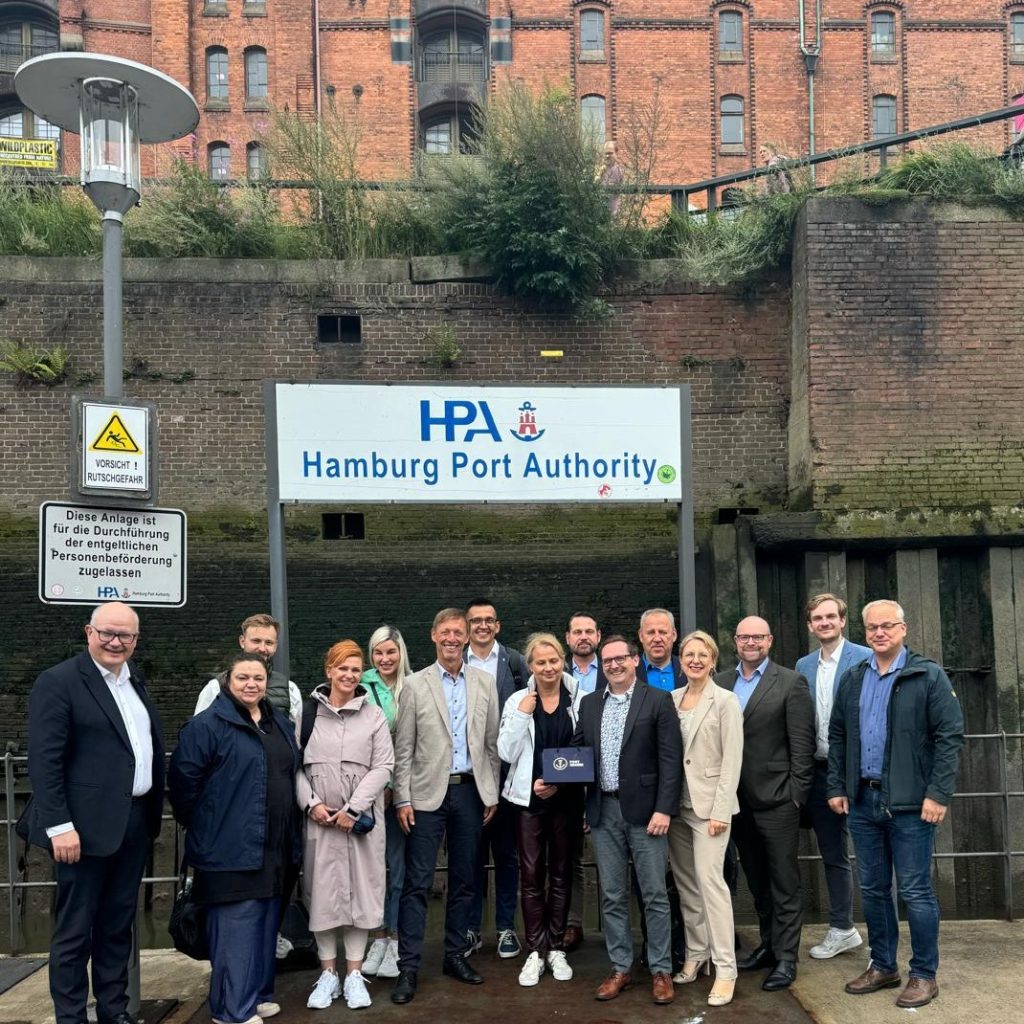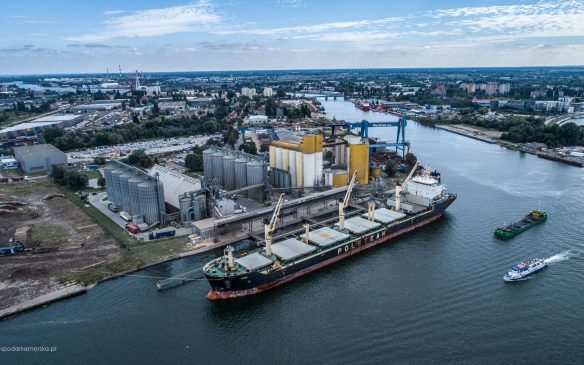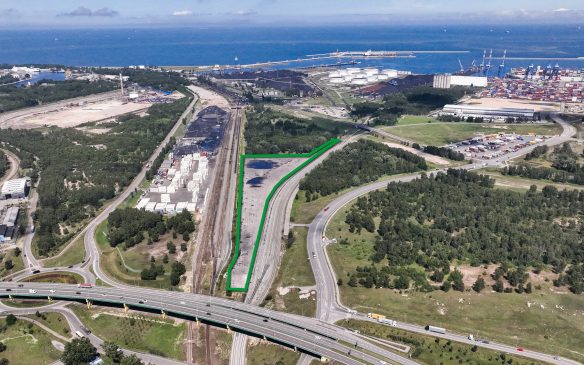Gdańsk – Hamburg: a partnership between two port giants for a stronger Europe

Although separated by several hundred kilometres and many differences in the scale of their operations, the ports of Gdańsk and Hamburg demonstrate that true strength lies in partnership and the exchange of experiences. The recent business trip of representatives from the Port of Gdańsk to Hamburg, led by President Dorota Pyć, was a clear step towards deepening the partnership between these two key European ports.
This meeting was not the first chapter in this story, as the history of the partnership between Gdańsk and Hamburg dates back to the Middle Ages, when both cities belonged to the Hanseatic League – a powerful merchant alliance that shaped trade on the Old Continent for centuries. Then, as now, strength lay in unity, while today partnership is an open platform for the exchange of experience and knowledge, for the benefit of the entire Baltic Sea region.
New geopolitics, fresh challenges
The world is on the threshold of a new era. Geopolitical events, international tensions, climate change and rapid technological transformations redefine the rules of the global economy. The Baltic Sea region plays a special role here – not only as a trade route, but also as an area of strategic importance for European security.
Ports such as Gdańsk and Hamburg are becoming key elements of regional resilience. They are not only places for cargo handling, but also strongholds of security – supporting NATO’s military mobility, protecting energy and food supplies, and securing digital infrastructure, including submarine internet cables.
Sharing responsibility for the future
At a time when more than 80 per cent of global trade is transported by sea, ports are more than just gateways to the world – they are the foundations of global supply chains and the guardians of stability. That is why partnerships between them is so important. Gdańsk and Hamburg know that joint action in the areas of security, energy transition, automation and digitisation is not just an option – it is a must.
President Dorota Pyć emphasised that the willingness to work together, share experiences and build common standards are currently the most important tasks for modern ports. Joint projects can include both green infrastructure investments and real-time data exchange aimed at improving logistics.
Partnership stronger than competition
Although the Port of Gdańsk and the Port of Hamburg still compete on the European market, their relationship shows that competition does not necessarily mean conflict. On the contrary, it can be a driver of joint development. Well-functioning, interconnected ports create resilient and flexible supply chains that are less vulnerable to crises.
Today, Gdańsk and Hamburg do not see each other as rivals, but rather as partners in a common mission: to build a safer, more sustainable and better organised maritime space in Europe.
‘We believe that partnership between ports means building a secure future together; through openness to innovation, joint action for energy transition and the development of a common security framework’, says Michał Stupak, Customer Manager at the Port of Gdańsk.


